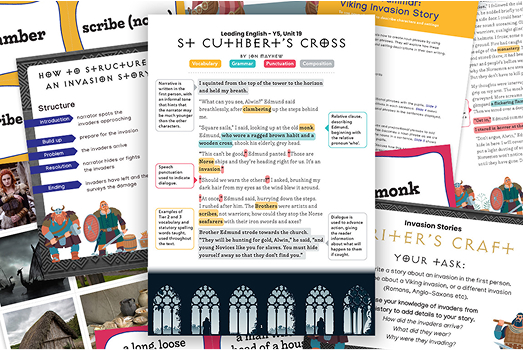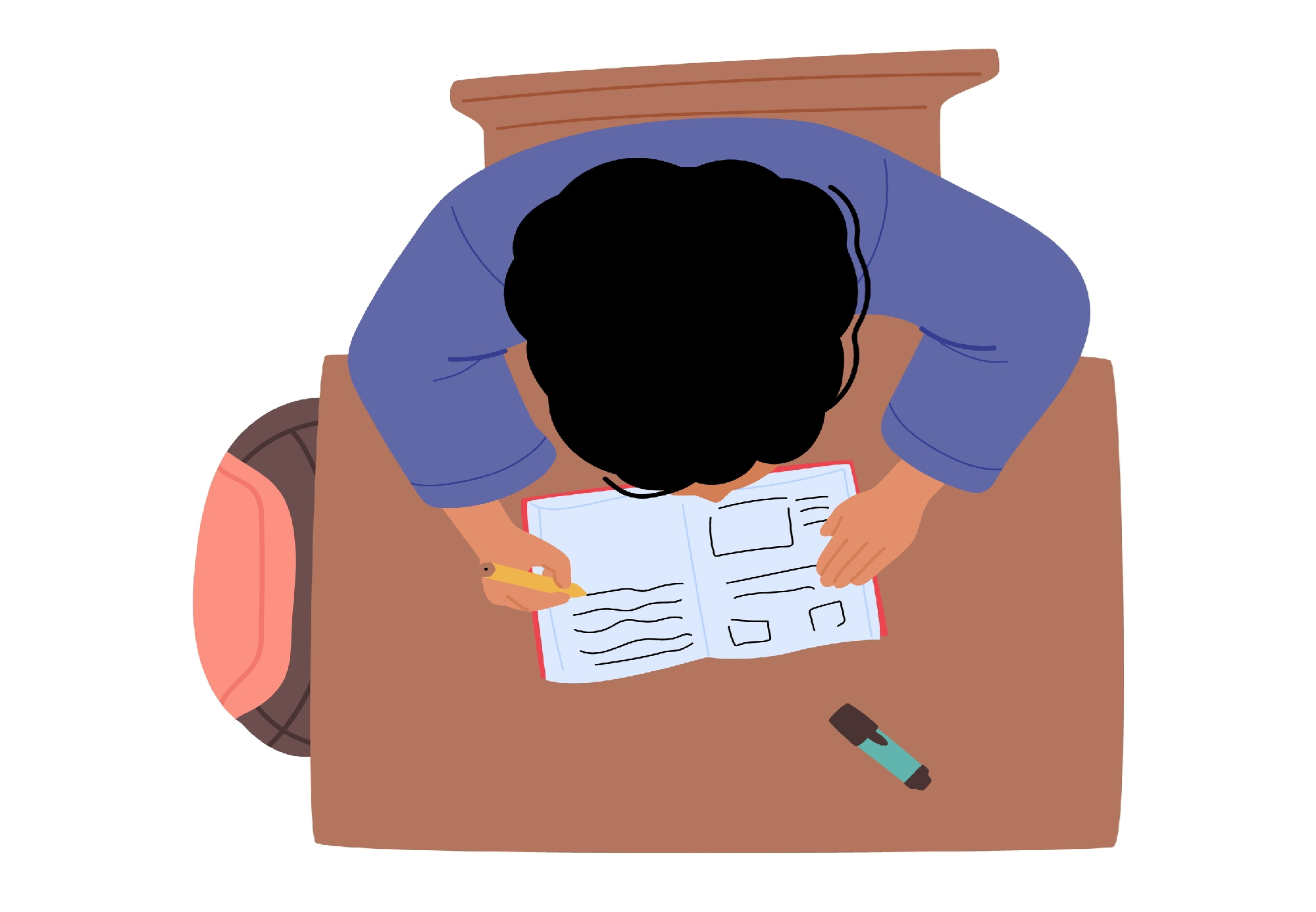For many pupils, writing ends with the first draft. But we know that’s only half the story. Editing and redrafting are vital parts of the writing process – and as leaders of English, we need to make sure they’re part of our school’s writing culture, not just occasional add-ons.
Why does it matter?
Because rushed writing leads to weaker outcomes. Both the DfE’s new Writing Framework and the national curriculum are clear: editing and redrafting aren’t optional extras – they’re essential.
But in a world of instant results, helping pupils slow down, reflect and refine is a big ask. That’s where leadership comes in.
It’s not just about better writing – it’s about building key skills like resilience, reflection and problem-solving. When embedded well, editing and redrafting can significantly raise the quality of pupils’ work – and their achievement overall.
Here’s how you can lead the change:
Make writing real
Writing for a real audience or purpose gives editing meaning. Pupils aren’t just improving work for the sake of it – they’re preparing to inform, persuade or entertain. That shift builds motivation and deepens thinking.
Develop a shared understanding
Redrafting isn’t just ‘writing it up in best’. It’s about making real changes to improve structure, clarity or effect. Your team needs CPD and planning time to embed this – and to make sure redrafting is done with purpose.
Challenge the idea that “pupils don’t like it”
Of course it feels tedious if redrafting is just about spotting mistakes. But when it’s framed as a creative, meaningful part of the writing journey, pupils begin to value it. Help your team reframe this process – together.
Review your curriculum
Don’t assume editing and redrafting are being taught – check. Are there clear objectives? Is there progression from supported feedback to independent editing? Are KS1 pupils proofreading for sense, while KS2 pupils refine and rework?
Model it well
Pupils can’t edit well unless they see what it looks like. Show the process aloud. Re-read. Tweak. Think out loud. When teachers model their thinking clearly, pupils learn that editing is more than correction – it’s craft. An ‘I do, we do, you do’ approach can help here.
Celebrate effort, not just end results
When you showcase a redrafted piece or share a “before and after”, you’re showing that progress matters more than perfection. That builds a culture where reflection is respected – and where writing feels worth improving.





